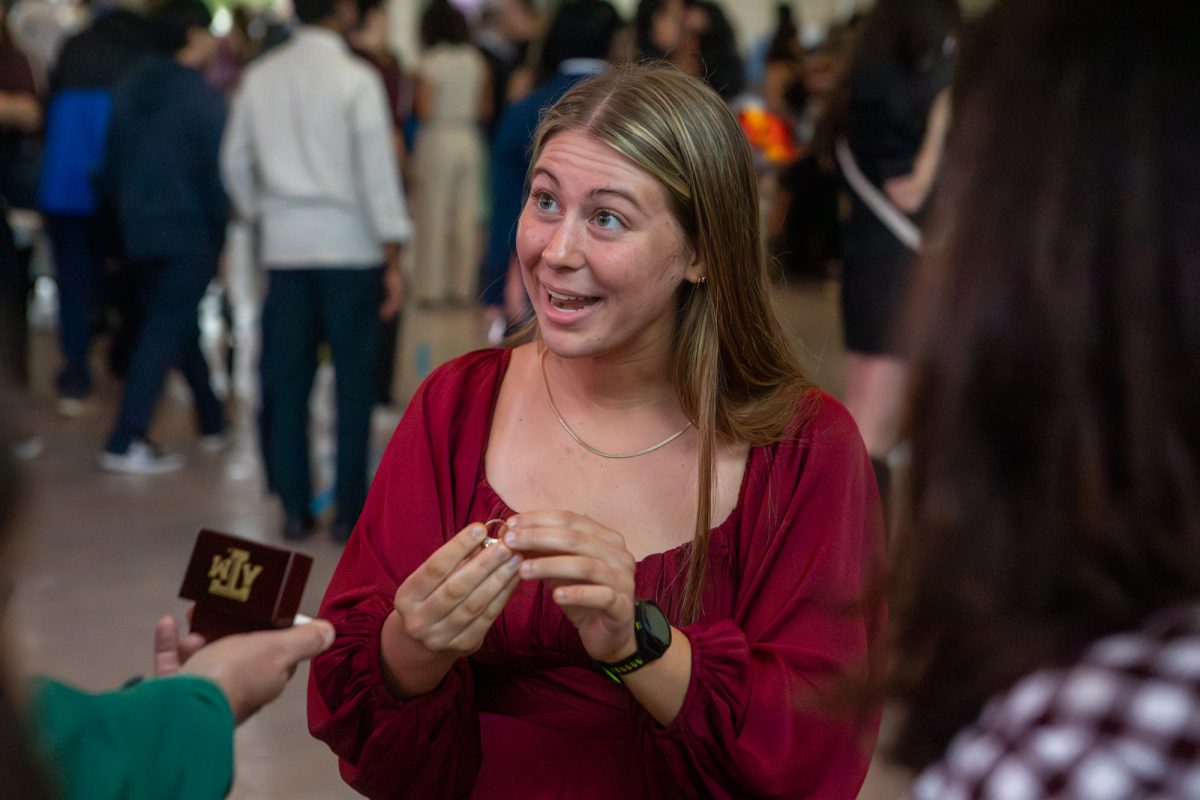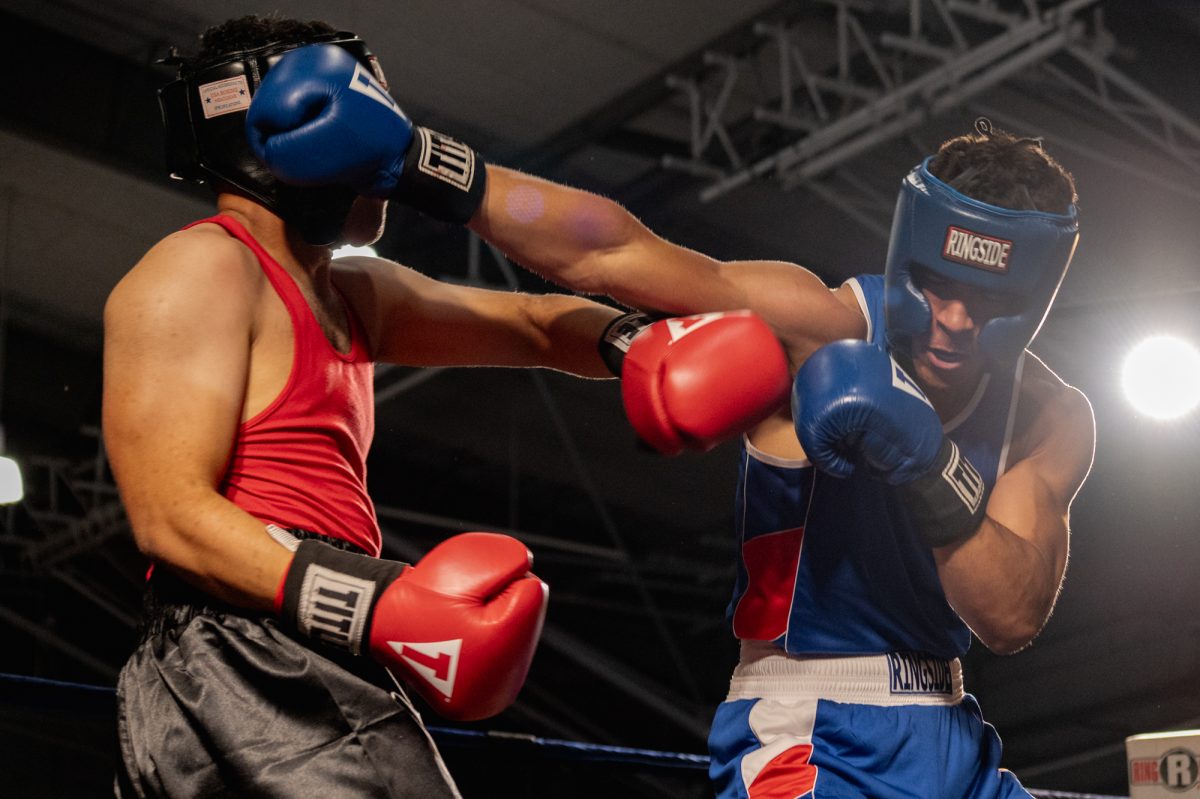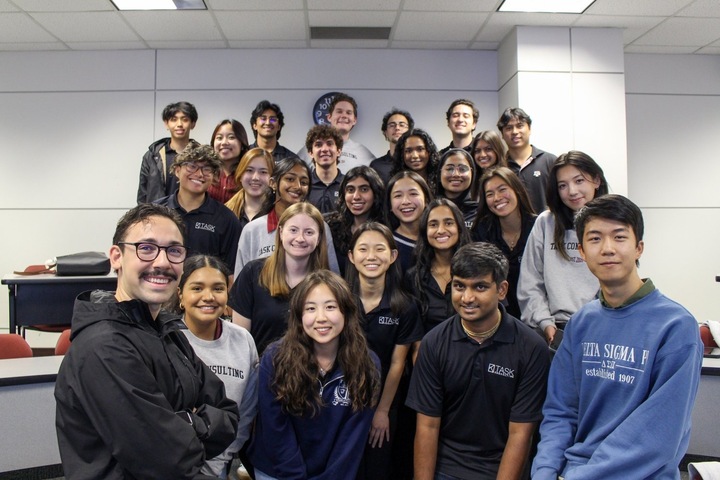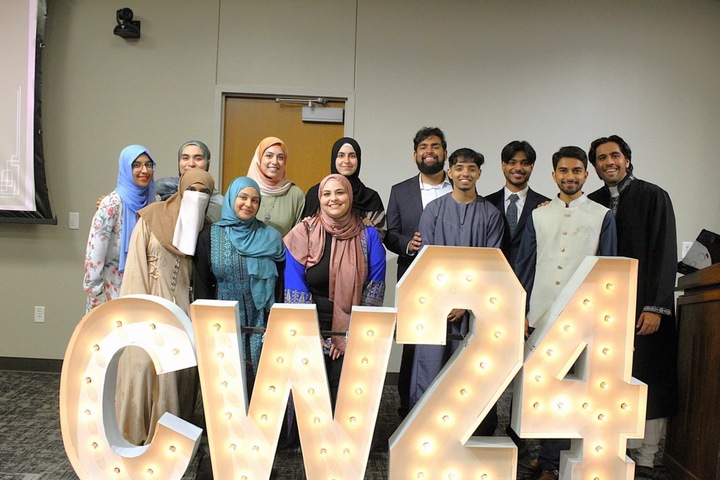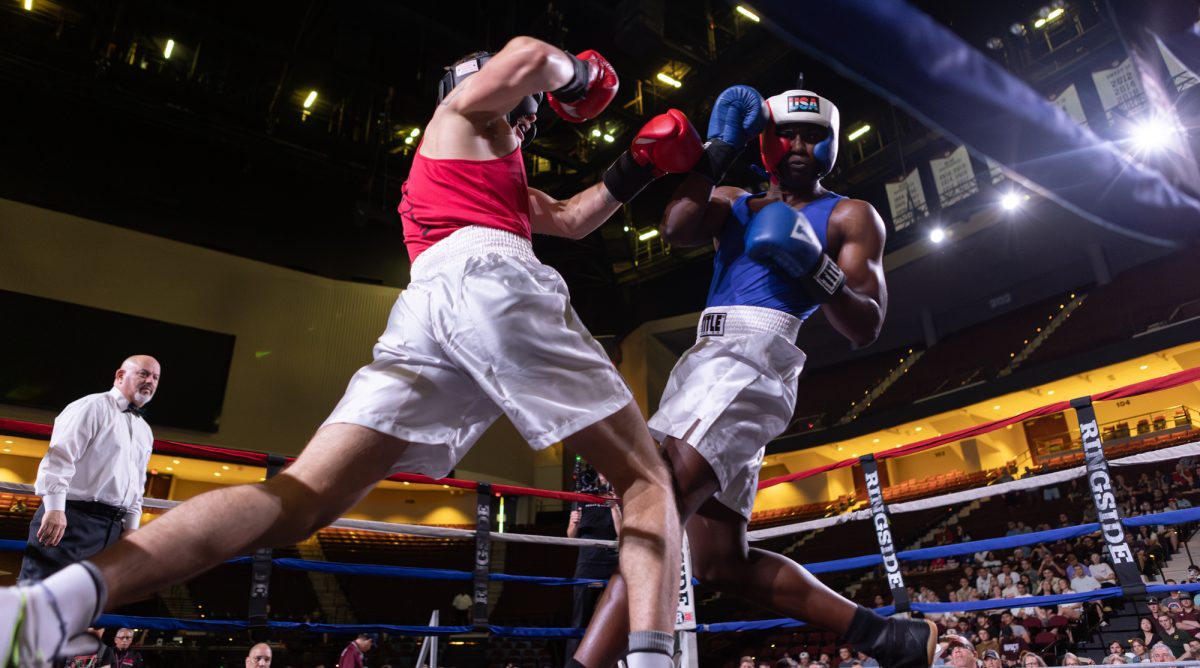Tyllen Bicakcic is a Muslim. Julia McDonald is a Christian. Together they represent just one of the interfaith student couples on campus.
McDonald, sophomore psychology major, said difficulties arise when they have to explain their relationship to others.
“It isn’t a factor to us, but whenever people question us, it’s the hardest thing,” McDonald said.
McDonald said people are often judgmental and have already made up their minds when it comes to her relationship with Bicakcic.
“They don’t judge us as a couple,” McDonald said. “They don’t think we’re going to work out because we’re different religions.”
Bicakcic, freshman physics major, said both his and McDonald’s families have opposing ideas on religion and love, making it challenging at times for the couple.
“It’s not really between each other, but between older generations in your family,” Bicakcic said. “It’s kind of hard seeing how the family relates to that and get used to that and your religious beliefs for both sides.”
Bicakcic recounted one particular incident when the father of an acquaintance taking pictures for their senior prom started to question Bicakcic’s religion and his relationship with McDonald.
“He started asking me about my religion because he heard where I was from, and after a while of talking that’s when he started criticizing my religion and criticizing my relationship with Julia and Julia’s family just stood by and watched this happening and didn’t help me,” Bicakcic said.
Bicakcic said the man’s criticisms only served to strengthen his relationship with McDonald.
“He started saying things like, ‘You’d kill any of us if you had the chance right now,’ and he said that my whole religion was just a cult,” Bicakcic said. “It was things you’d normally never hear, especially from someone you had just met. But even though it was difficult, it made our relationship stronger because we got over it together and learned not to listen to all the ignorant people in the world.”
Bicakcic said incidents such as this tend to be rare, as people today appear to be more open to the idea of an interfaith relationship.
“I think it’s gotten to the point in our generation, people don’t look on it as negatively as before,” Bicakcic said. “I don’t think we’re viewed that differently from a common relationship nowadays. We’ve evolved as a culture and it’s more common to see an interfaith relationship.”
Robert Mackin, sociology professor, said intermarriage between individuals of different religious traditions has become much more acceptable in American society over the last century.
Mackin said 25-30 percent of marriages in 1910 were between spouses of different religious traditions, such as Catholicism and main-line Protestantism. In 1990, he said the figure was more than 50 percent.
When it comes to marriage, Rev. Paul Hoemann of the University Lutheran Chapel said an interfaith relationship can add additional struggles to an already difficult situation, but that a healthy, thriving relationship is possible.
“I think it’s always good when one Christian finds another Christian as their life mate because marriage is hard enough without the challenge of having two different faiths in the marriage, and therefore, often, two different ways of viewing life or prioritizing one’s life,” Hoemann said.
McDonald said even though their religious beliefs are not identical, she and Bicakcic have a shared outlook on life.
“When you grow up one way and everyone grows up the same way, it’s nice to have someone raised a whole different way, but believe the same things as you,” McDonald said. “It’s a nice dynamic.”
McDonald said their relationship works because of good communication.
“We talk about everything,” McDonald said. “I guess a main reason religion doesn’t matter or that we’re brought up differently is because we have the same morals and values and we’re so alike and we have the same aspirations. We believe the same, we think the same. Why does it matter what label you put on it?”
Taking a glance at the larger picture, Mackin said he speculates that the present trends of increasing tolerance will continue into the future.
“Social scientists are not very good at predicting the future. That being said, I think the trend toward increasing tolerance of intermarriage will likely continue for some time,” Mackin said. “However, it is worthwhile noting that a substantial number of people would still prefer to find a spouse from their religious tradition. This is likely to continue as well.”
Diversified beliefs converge in interfaith relationships
March 5, 2014

0
Donate to The Battalion
$2065
$5000
Contributed
Our Goal
Your donation will support the student journalists of Texas A&M University - College Station. Your contribution will allow us to purchase equipment and cover our annual website hosting costs, in addition to paying freelance staffers for their work, travel costs for coverage and more!
More to Discover




